Ted Talk Deborah Gordon the Emergent Genius of an Art Colonies
Talks
one - thirty of 191 results
Maya Penn: Meet a immature entrepreneur, cartoonist, designer, activist ...

Liza Donnelly: Drawing on humor for alter

Ben Katchor: Comics of bygone New York
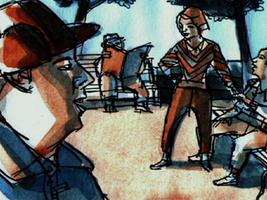
Jim Toomey: Learning from Sherman the shark
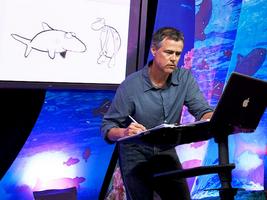
Gene Luen Yang: Comics belong in the classroom
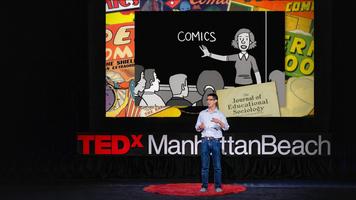
Raghava KK: My 5 lives as an artist
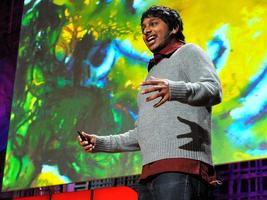
Patrick Chappatte: A free globe needs satire
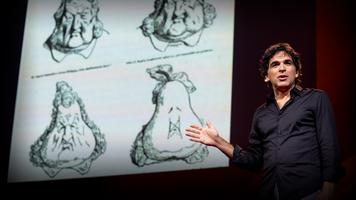
Randall Munroe: Comics that ask "what if?"
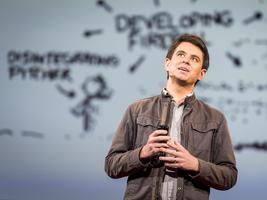
Grégoire Courtine: The paralyzed rat that walked

Deborah Gordon: What ants teach us about the brain, cancer and the Internet

Ariel Garten: Know thyself, with a brain scanner

Dan Gartenberg: The encephalon benefits of deep sleep -- and how to get more of information technology

Deborah Gordon: The emergent genius of ant colonies

Gordon Hamilton: Tin can you solve the Mondrian squares riddle?

Courtney Stephens: A brief history of melancholy
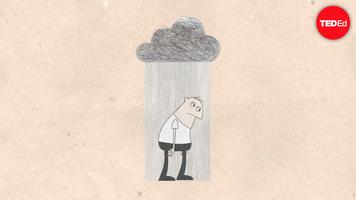
Gordon Brown: Global ethic vs. national interest

Deborah Gordon: Inside the ant colony

Jamila Gordon: How AI can help shatter barriers to equality

Patrice Gordon: How reverse mentorship tin help create amend leaders

Robert Gordon: The death of innovation, the terminate of growth

Gordon Dark-brown: Wiring a spider web for global practiced

Paolo Cardini: Forget multitasking, endeavor monotasking
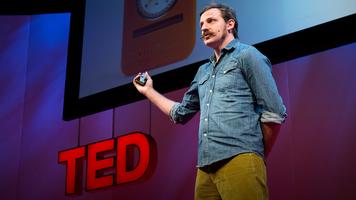
Courtney E. Martin: This isn't her mother'due south feminism
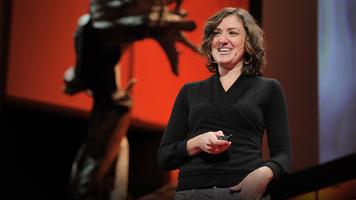
Joseph Gordon-Levitt: How craving attending makes you less creative
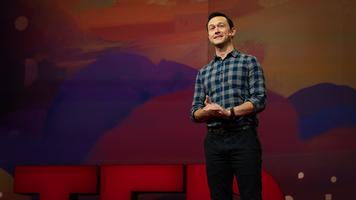
Courtney E. Martin: The new American Dream

Jackie Gartner-Schmidt: How our voices reveal feet

Gay Gordon-Byrne: You deserve the right to repair your stuff

Rayma Suprani: Dictators hate political cartoons -- so I keep drawing them

Patrick Chappatte: The power of cartoons
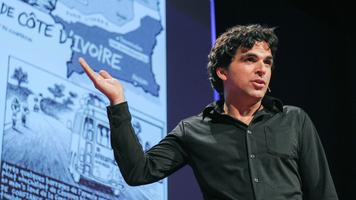
Hyeonmi Kim: How webtoons are changing movies and TV

Source: https://www.ted.com/search?cat=videos&q=cartoonist